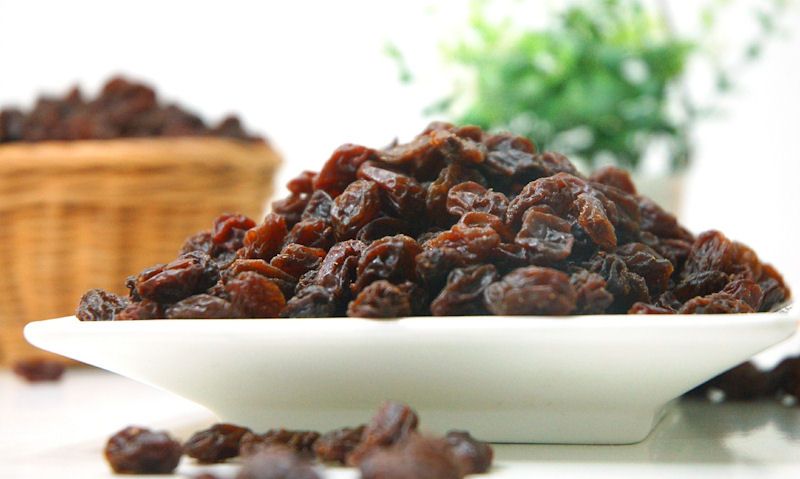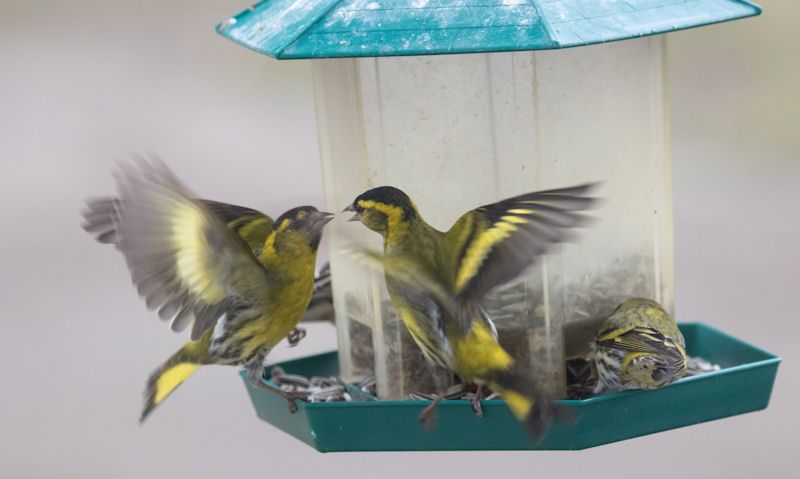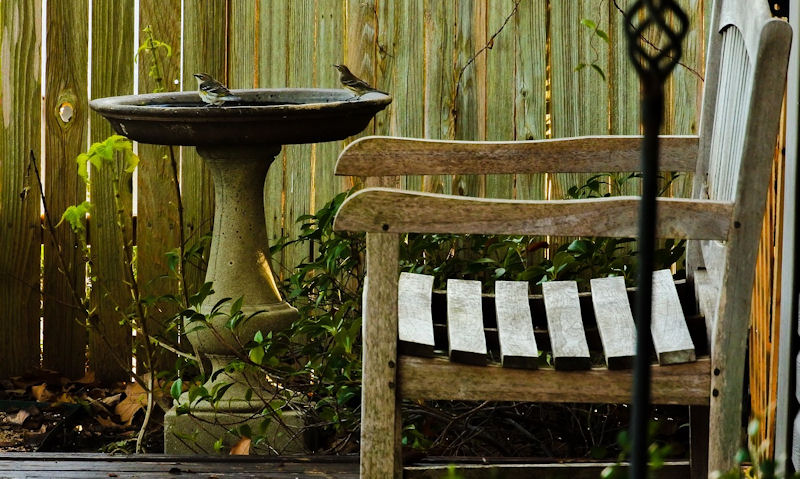Can wild birds eat raisins?
You're free to leave out dried raisins and similar dried fruits such as sultanas and currants for small garden birds, well possibly attractive less common visitors.
Dried raisins are eaten by an assortment of small garden birds, extending to Blackbirds if they're near by. Song thrushes are the ones to encourage to eat the raisins and so are Robins. When these bird occupy your garden, then its time to leave a handful under the bird table.
When feeding wild birds in the garden raisins only make it ones that are used for baking, as they don't have extra salt, sugar or are chocolate coated.
Feeding raisins to birds should be left in there natural state, meaning they will have no extra ingredients or coating.
Dark, yellow or purple raisins extend to all types of currants and sultanas with all options suitable for birds.
Raisins are dried fruits which are safe for birds, but you could moisten them up by soaking them in hot water, but that's optional.
They're quite small so cutting them up isn't necessary, but if you need to make a small amount of raisins go further, feel free to chop them up in half only.
High in fibre with a little protein, you want birds to eat raisins for this reason alone.
Furthermore, if you make you're own fat balls or suet blocks you could use raisins within the mixture just as we use raisins for cake ingredients.
Birds that eat raisins
Likely wild birds to eat dried raisins and similar dried fruits are Song thrushes, including Robins and even Blackbirds.
In fact you're just about likely to get any small bird in your garden feeding on such fruit, even ones that wouldn't normally.
If we focus on common British birds that eat fruit out in the wild, they're more than likely to take to raisins if provided for them in the garden.
This includes: crows, gulls, Jackdaw, Moorhen, Pied Flycatcher, Starlings, Stonechat, Whitethroat and the Willow Warbler.
Types of raisins
There's no limit to the type of raisin you can leave out for wild birds, all are edible with no health issues - there're a good source of fibre for birds.
However, If you pick up a standard box of raisins from the supermarket that is sugar or chocolate coated, don't offer these to birds.
Only pick up raisins, currants and sultanas in there natural stage, preferably up the baking aisle where you find the unsalted, plain raisins only.
It is possible to buy any of the following: currants, flamed seedless currants, Monukka raisins, Muscat raisins and sultanas.
To be safe you might want to stick with the natural seedless raisins made from sun-dried seedless grapes - of which wild birds can eat grapes which is where raisins and similar dried fruits come from.
Dried or moisten them up
Despite there appearance often appearing quite moist, when buying raisins they're usually dried up, as they were once whole grapes.
And well feeding fruit eating birds dried raisins is perfectly acceptable, you can go one better by moistening them up.
To do this throw them into a cup of hot water and leave to soak for 5 minutes.
After this times you can pat them dry with kitchen paper before leaving them outside for the birds.
You don't want to leave these moist raising outdoors as they will attract all sorts of bugs - including snails and slugs - so if birds don't bother with them soon after you've left them out, you might want to throw them away.
Raisins will keep in the refrigerate for months on end, so be sure to leave them out to room temperature for 30 minutes or so before offering them to birds.
If you're not going to get through the raisins as quickly as you thought, you're free to put them in the fridge freezer as they will keep for up to a year.
Just be sure to thaw them out as you don't want delicate small garden birds to eat rock hard stones.
Nutritional value in raisins
Raisins are incredibly healthy snacks for people so this is also true for wild birds.
And well it doesn't have the fat required by birds it does have a small amount of fibre the birds need and crave, with just a little bit of protein.
To make sure a single or whole bunch of birds eating the raising get there fair share of nutrients, make sure you leave out plenty.
Don't limit there food options to raisins only mind, just be sure the seed, peanut and fat ball feeders are filled up all day, every day.
Use the raisins as a treat only, or at least so you can see which birds do eat them.
Feeding raising to birds
To offer raisins to birds out in the garden you only need to place a handful on the hanging mesh tray or mounted dish on the bird feeding station.
If you have a covered bird table better still, just make sure its a busy one as the raisins won't be noticed under cover.
If you like you can leave the bird feeders alone and pile up a bunch on a near by wall or suitable fence; including on the patio railing or garden furniture, and that's only if you're sure birds will notice it.
Don't attempt to feed birds raisins by the use the seed or peanut feeder; raisins are likely to become stuck in those entrapments.
Summary
You can feed raisins to birds any time of the year, as those birds that take to eating fruit will be the ones eating it from our garden.
Of those, that includes Robins, Blackbirds and Song Thrushes, though many more are likely to eat them if given the chance.
You can use all types of raisins including the similar sultanas and currants, all offering important nutritional value; as there're high in fibre with protein.
Serve dried or moisten them up in hot water with both options likely to be of interest.


